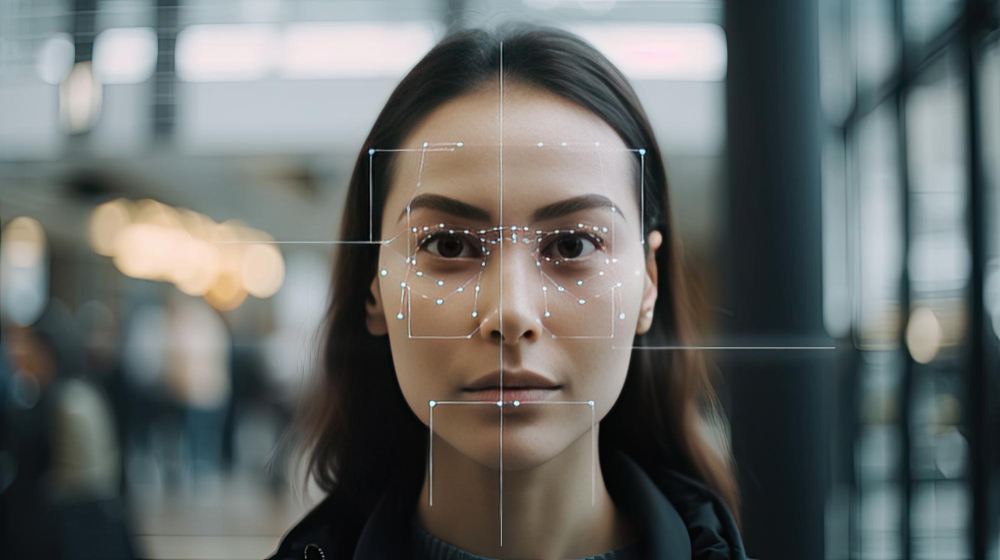In the realm of technological innovation, few advancements have captured the imagination quite like Artificial Intelligence (AI). The advent of AI has ushered in a new era of possibilities, transforming industries, enhancing efficiency, and reshaping the way we interact with technology. However, amid the myriad of AI developments, one particular trend stands out: the rise of swap face free.
Free AI, also known as open-source AI, represents a democratization of technology, making powerful AI tools and resources accessible to everyone, regardless of their financial means or technical expertise. This democratization has profound implications for various sectors, from education and research to entrepreneurship and social impact.
At its core, free AI encompasses a wide array of tools, libraries, and frameworks that are freely available for anyone to use, modify, and distribute. From TensorFlow and PyTorch to scikit-learn and OpenAI’s GPT models, the open-source landscape is teeming with resources that empower individuals and organizations to leverage the power of AI in innovative ways.
One of the most compelling aspects of free AI is its potential to level the playing field in technology and innovation. Traditionally, access to cutting-edge AI technologies was limited to large corporations and well-funded research institutions. However, with the proliferation of free AI tools, even small startups, independent developers, and students can harness the same powerful algorithms and models to tackle complex problems and drive meaningful change.
Education is perhaps one of the most immediate beneficiaries of free AI. By providing free access to AI tools and resources, educators can empower students from diverse backgrounds to learn about machine learning, data science, and AI ethics. Platforms like GitHub, Kaggle, and Coursera offer a wealth of free educational materials, tutorials, and projects that enable aspiring AI practitioners to hone their skills and contribute to the global AI community.
Furthermore, free AI fosters collaboration and innovation on a global scale. By making AI technologies open and transparent, developers and researchers can collaborate more effectively, share insights, and collectively push the boundaries of what AI can achieve. Open-source projects thrive on community contributions, with developers from around the world collaborating to improve algorithms, fix bugs, and develop new features.
The impact of free AI extends beyond the realm of technology and innovation. It has the potential to address pressing social and environmental challenges by democratizing access to AI-driven solutions. From healthcare and climate science to poverty alleviation and disaster response, AI technologies can be harnessed to make a positive impact on society. By making these technologies freely available, organizations and grassroots initiatives can leverage AI to address some of the world’s most complex problems.
However, it’s essential to recognize that free AI also comes with its own set of challenges and considerations. As AI becomes more pervasive in our daily lives, issues surrounding data privacy, algorithmic bias, and ethical use become increasingly critical. Open-source AI projects must prioritize transparency, accountability, and inclusivity to ensure that the benefits of AI are equitably distributed and that its potential for harm is mitigated.
In conclusion, the rise of free AI represents a paradigm shift in how we approach technology and innovation. By democratizing access to AI tools and resources, we unlock a world of possibilities, enabling individuals and organizations to harness the power of AI to drive positive change.
